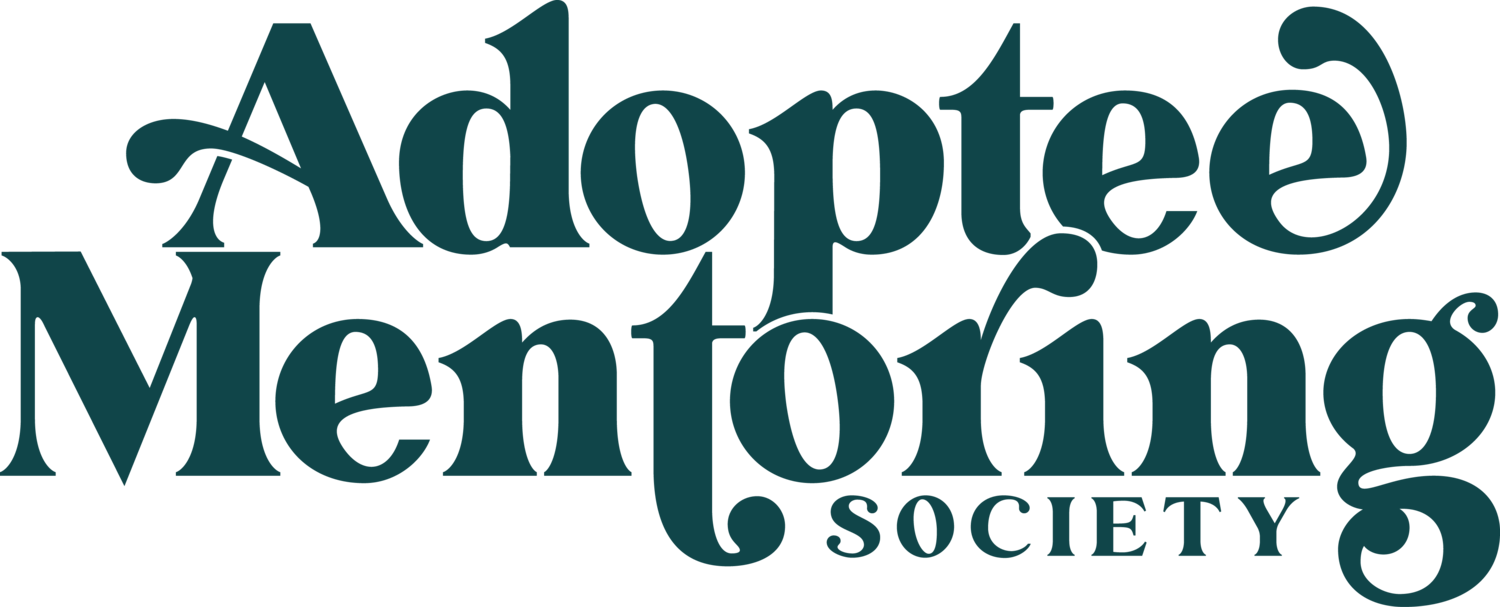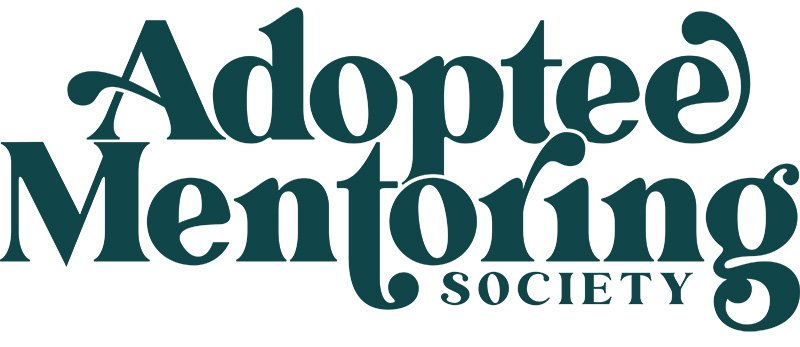“A Tourist In My Own Country”
Ilbersalle came to the United States from Haiti, first landing in Fort Lauderdale, Florida when he was around 2 years old. After this, he resided mostly in landlocked states. Arizona at first, then for most of his childhood and adolescence, Nebraska, as well as Oklahoma, and now Austin, Texas. It is there that he created a long-sought-after sense of community.
Like other Transracial International Adoptees, commonly referred to as TRIAs, Ilbersalle first learned who he was by how he differed from his family and those around him. Grand Island, Nebraska was a place of “corns and cows” as he describes it. The oldest of four adopted children, all were transracial adoptees. Ilbersalle and his siblings were the only Black children in their respective grades.
“I was the only Black kid anywhere, all the time, doing anything… being the only one that’s where it starts. Where you don’t look like your folks and you know you don’t look like your folks, but there’s also, there’s nothing in the world that you engage in that reflects any images of you either, in ways that are significant.”
Like many other TRIAs, Ilbersalle was expected to assimilate into the culture around him. A common phenomenon for transracial adoptees, it is discussed in depth in “Surviving the White Gaze” by Rebecca Carroll. Ilbersalle recalls his adopted mom’s pride when sharing his declaration to stop speaking Kreyòl (Haitian Creole) and only speak English when he was around 3 years old. While Ilbersalle was unable to change his skin, he could change his speech and minimize his connection to Haiti. But this pressure to assimilate was a mask and below it, he felt a draw to get closer to his culture.
“Being Haitian and wanting to be in relation to my culture and where I came from have been some of the worst and best parts of my life.”
He describes this urge for cultural connection as being both all the time and none of the time. A part of his life that he embraces and holds onto but also doesn’t actively pursue due to feelings of shame and embarrassment. His entrance to Haitian culture came through French films and his high school French classes. While it wasn’t Haitian Creole, it was similar and more readily accessible, even allowing Ilbersalle the opportunity to go to France with classmates. It is not lost on Ilbersalle that by trying to get close to his culture, he was obtaining cultural influences from Haiti’s colonizer, the country Haiti would fight for its independence. So he continued his quest for community and connection.
It was Ilbersalle’s love of film that eventually led him to the Adoptee Mentoring Society. Specifically, it was his love, hate, and curiosity for films that featured elements of adoption and how those elements were used or abused. This led him to Angela Tucker’s documentary, Closure. From there he connected with Angela separately, this was well before she would go on to found the Adoptee Mentoring Society.
He then found a blog called Lost Daughters by Marriett Willaims a Haitian adoptee and administrator to a Haitian adoptee Facebook group. Ilbersalle started engaging with the group and it would be with them that Ilbersalle finally got to travel to Haiti in 2018.
Because he is not in reunion with his Haitian first family members it created a unique experience when visiting the country.
“I was a tourist in my own county but I was a tourist with people who are the most like me in the world and that meant the world to me at time. And it still means the world to me that I got to back and touch it.”
Of the many significant experiences he had in Haiti, one that stays with him is how it felt being surrounded by other Black Haitian people for the first time. Not just people who looked like him, but people who were Haitian like him.
“I didn’t flare out. I could get lost in a crowd.”
Ilbersalle still has this kinship with the other Haitian adoptees he’s met. He also remained in contact with Angela. Ilbersalle was present at the beginning of the Lounges before they were even named that way. He also saw firsthand as Angela’s work became more structured eventually leading to AMS. Now he’s a consistent presence in the AMS Lounges and Slack channels, he often reaches out to other adoptees to offer support and kindness. Being supportive of other adoptees is very meaningful to him.
“My experience helps me understand and be able to help [others] carry that burden.”
Listening to Ilbersalle is like taking a walk through the most aesthetically pleasing scenery. It is just as much about the journey as the destination. He takes you down paths you may not have even been aware existed but the view is always amazing. A consummate deep thinker and philosopher, he is still working on understanding the duality of his experiences as a TRIA.
“Now, I”m more rooted in the plight of being Haitian while not being Haitian. I am an outsider to where I was born because of where I live and an outsider to where I live because of where I was born.”
Ilbersalle has grown to become an amalgamation of both countries that played significant roles in his life. And continues to find connection and community with other adopted children who often feel displaced and are similarly shaped by what is and what could have been.


